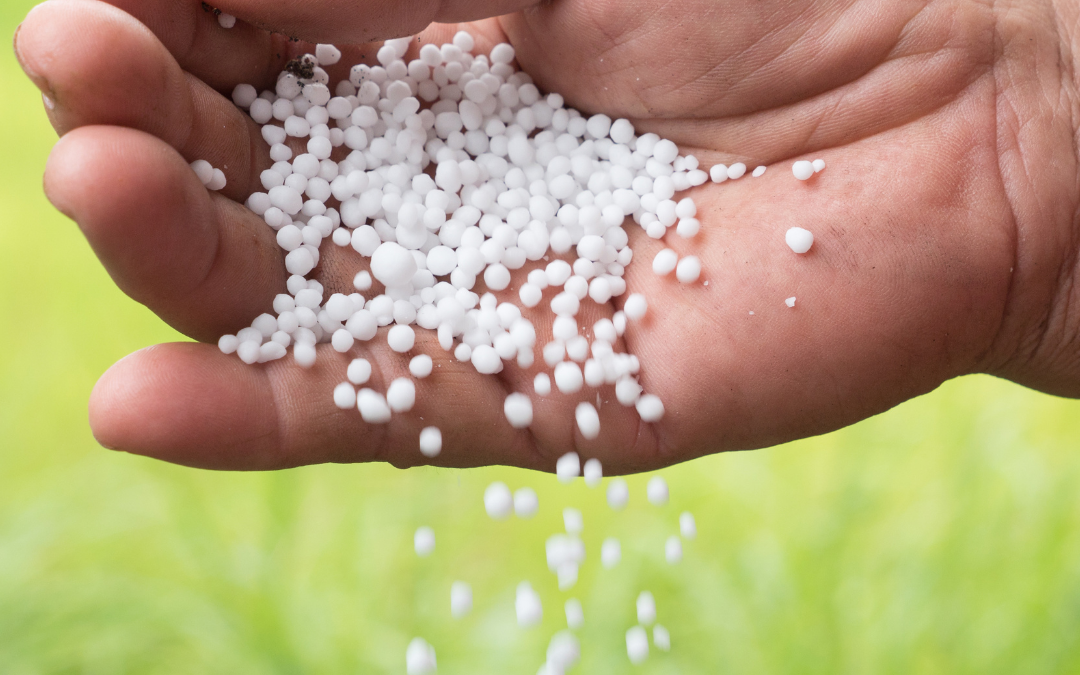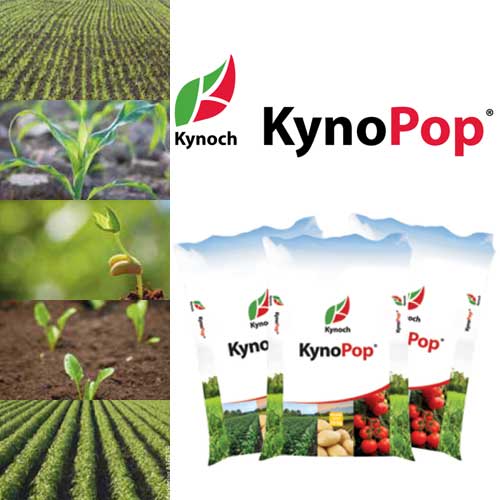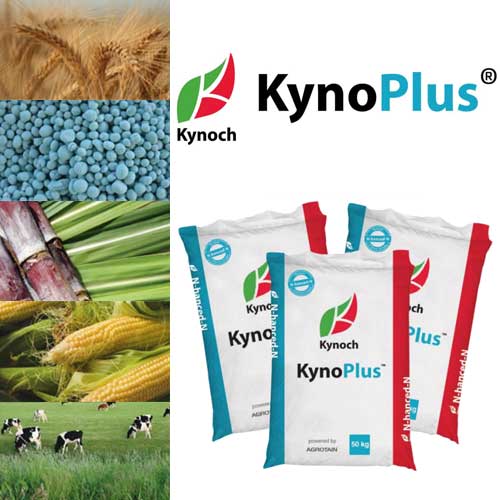
Some Guidelines for the Selection and Use of Soil Fertilizer
26/10/2021
Where to Buy Calcium Nitrate Fertilizer
17/12/2021The Importance of Nitrogen as a Plant Fertilizer
Despite the vital importance of oxygen, 78 per cent of the earth’s atmosphere and each breath we take contains a colourless, odourless and normally inert gas that plays no part in animal respiration. That said, the element in question is vital for the growth of most living things. However, this substance is unreactive in its gaseous form. Only its compounds present in foodstuffs and the soil possess potential nutritional value. In the latter case, nitrogen fertilizer is often necessary to enrich the ground sufficiently to support healthy plant growth.
Its Role in Plant Nutrition
Nitrogen is a crucial building block of amino acids and proteins and is essential for the production of DNA. It is also a component of the chlorophyll molecule necessary for photosynthesis. In the roots, this element helps to regulate the plant’s uptake of water and other nutrients. Without this vital element, plants become stunted, discoloured and produce fewer flowers and smaller fruits. Nevertheless, when present in excess, this element can also have adverse effects. Consequently, the composition and use of nitrogen fertilizer also require careful management.
 Natural Sources
Natural Sources
The implications are clear. Without some form of mechanism to convert the atmospheric gas into more utilisable compounds, life as we know it would have been unable to develop and thrive on our planet. A natural biogeochemical process known as the nitrogen cycle is the only reason our world is now teeming with animal and plant life. The cycle begins in the atmosphere when lightning provides the energy to force the inert gas to combine with oxygen to form oxides.
Before the invention of nitrogen fertilizer, plants relied mainly on these atmospheric oxides being transferred to the soil by falling rain and snow. However, photosynthetic bacteria present in the ground are the more significant contributors to this vital cycle, fixing far larger quantities of the gas than lightning strikes.
Industrial Production
However, as the demand for edible crops has grown, even the combined efforts of electrical storms and soil microorganisms can no longer produce the vast quantity of nitrogenous compounds necessary to ensure the required high yields and plant quality. Fortunately, humans have also devised industrial processes to manufacture nitrogen fertilizer to supplement nature’s efforts. In this process, the gas reacts with hydrogen rather than oxygen, and the product of that reaction is ammonia. Since this is also a gas at room temperature and pressure, further processing to form ammonium nitrate is necessary.
Phosphorous and Potassium are also vital for plant health, as are diverse other elements. For all your plant nutrition products, including nitrogen fertilizer, contact Kynoch – the industry leader for more than a century.






.png?v=1594369838025?v=1594369838026)